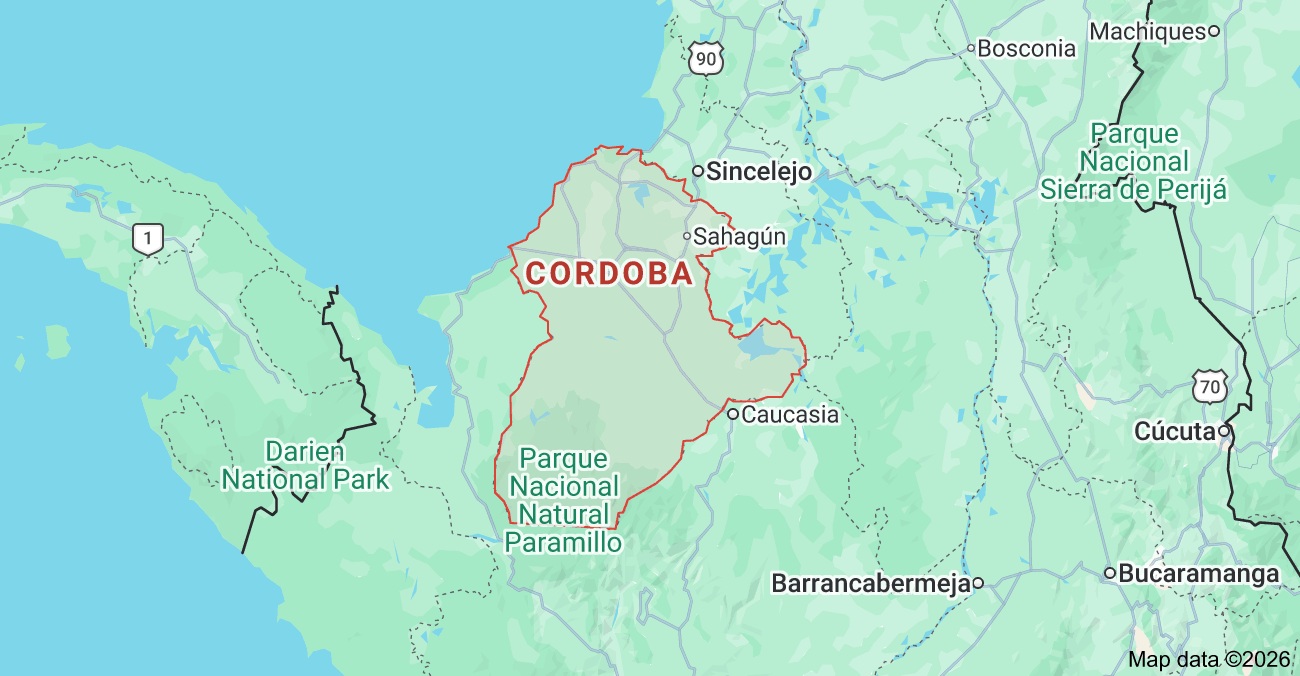MEDIA WATCH: Trudeau image vs astonishing hair

By Fiona Zublin OZ Mar 7
YOU’D have to be blind not to see the political pattern in the past year or so. Again and again, older white people — mostly men with astonishing hair — have taken one political victory after another, with two themes on their tongues: nationalism and security.
But know what else voters like? Handsome young people, strong-jawed and clear-voiced, talking about unity, inclusiveness and fixing inequality.
Witness the rise of Justin Trudeau, the man who’d be a shoo-in for the cover of Tiger Beat: Politics. And now, witness Jesse Klaver, wunderkind of the Dutch left, child of immigrants, who’s doing his damnedest to protect the environment.

Klaver is just 30 years old — if he were American, he’d be five years shy of being legally allowed to serve as president — and since 2015, the leader of GroenLinks, aka GreenLeft, the Dutch Green Party. In 2010, the year Klaver began serving in parliament, GreenLeft controlled 10 seats out of 150. But the 2012 elections saw that drop dramatically, says previous party leader Bram van Ojik, to just four seats — a clear sign that it was time for something — or someone — invigorating.
“The whole idea that the party was a living organism of people who wanted to be engaged with society and work for their ideas, that had been lost,” says van Ojik. “I didn’t predict it would be as successful as it is now, but I never doubted that we would be able to rebuild our constituency.”
Both France and Germany are eyeing the March 15 election; both nations see in Trump-esque Geert Wilders a reflection of their own burgeoning far right politicians. Wilders isn’t expected to become prime minister even if he wins the largest share of votes, as the Netherlands’ parliament is nearly always ruled by coalitions, and few others would consent to work with him.
But success for him is enough to taint liberals’ notions of a progressive Holland. Wilders, with his vitriolic anti-immigrant rhetoric and mane of hair, has changed the way Dutch lawmakers operate.
The new political environment is more performative, more personality driven, less prone to compromise and placidity, says Paul Lucardie, an academic at the University of Groningen. That might be working to Klaver’s advantage too: His style is easygoing, contrasting with the fiery approach taken by Wilders et al.
The narrative Klaver offers is tempting, especially to the leftist constituency he’s chasing: We can be kind, and be prosperous too! He’s a fan of inequality crusader Thomas Piketty’s theories — he brought the economist to address the Dutch parliament in 2014 — and champions climate change initiatives along with Bernie Sanders–esque rhetoric about inequality.
That plays well with some voters, who saw a sharp rise in employment and poverty following the financial crisis and subsequent austerity measures.
In an increasingly right-leaning country — until a slump in the last few days, far-right Wilders has been leading the polls for months — that approach may not win a majority. But Klaver and the GreenLeft don’t need a majority: All they need is an in to a ruling coalition. Klaver didn’t rule such a coalition out in a radio debate Friday, though he did promise never to ally with Wilders. Or, failing a coalition, GreenLeft could shoot to become a prominent left-wing opposition party.
Lucardie’s academic surveys showed that GreenLeft party members are increasingly interested in joining the controlling government — far from the party’s initial, radical aims. Five years since the last election, with 800,000 Dutch voters who have never cast a ballot, according to van Ojik, a progressive yet practical party could stand a shot, particularly if their heavy social media strategy works out. “There is a general feeling that we are in a decisive stage in developments internationally, in which people feel they have to speak out,” van Ojik says, reflecting on the rise of conservative populism globally.
Trudeau/Obama image
Which means there’s a chance for leftists to quell fiery right-wing rhetoric by tear-jerking voters. “The GreenLeft really tries to jump on the more emotional story,” says Tim de Beer of Dutch political consulting firm Kantar Public, who compares Klaver to Trudeau and Barack Obama.
After a year of elections where the side telling voters to be rational ended up losing, “they’ve learned from that and they’re looking for a counter-story, something with an emotional compass.”
To be sure, Klaver’s not about to become Holland’s next prime minister, or even the left’s darling. At the debate last weekend, de Beer says there was no clear winner, and multiple parties are still jockeying for the left-wing votes. But his biggest hurdle may be simply that he’s less Trudeau and more Bernie. He could simply fall too far left.
The best-case scenario for Klaver’s career? Prime minister … in a few decades. In the interim, van Ojik predicts GreenLeft will control 15 seats after the March 15 general election, which would nearly quadruple its current representation and give them a chance to place the environment and inequality front and center. Sounds like the typical bombast and optimism of a former party leader, sure.
But seasoned political consultant de Beer? He reckons they’ll get 20.





